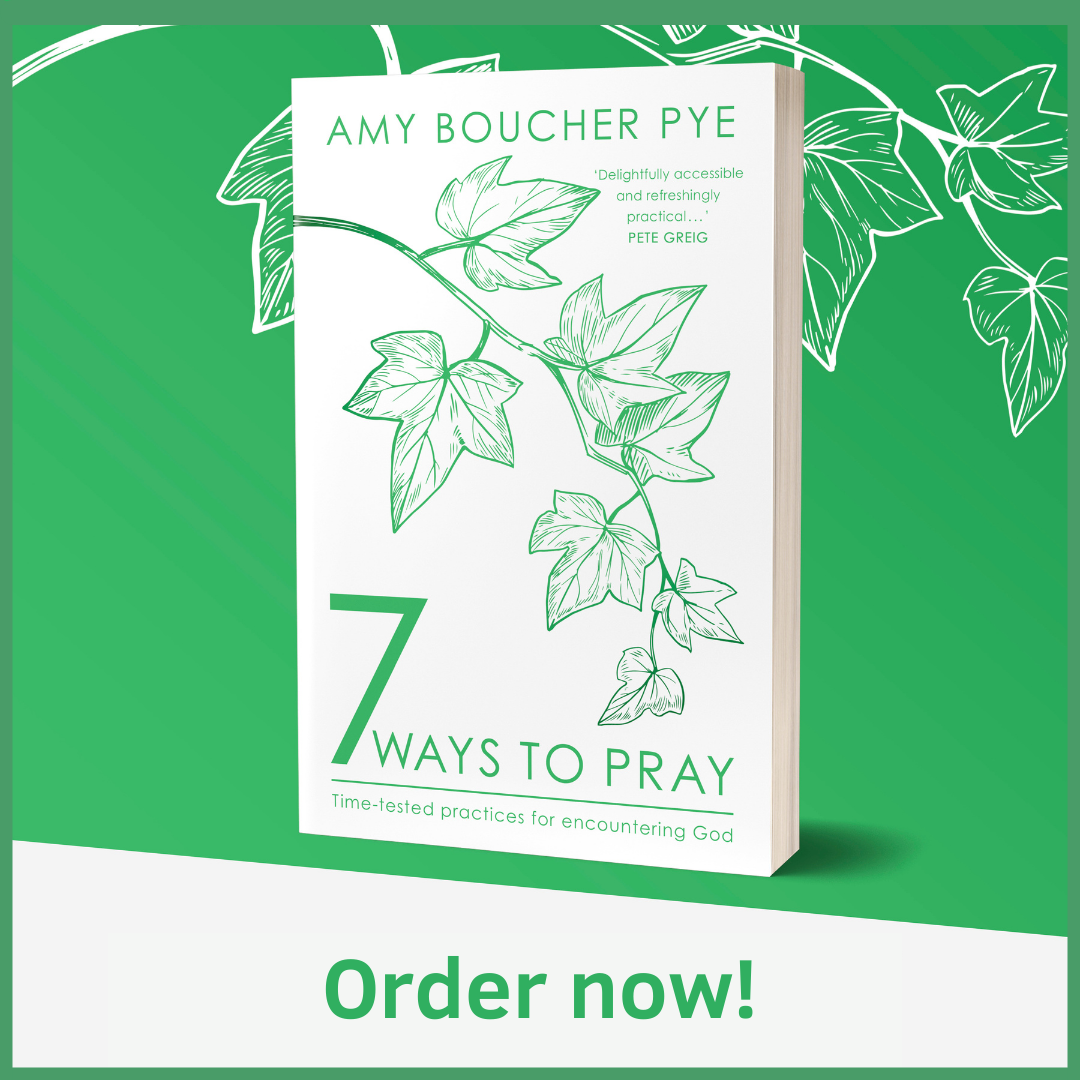Making my Home by Joan Bonner
Today I’m happy to host Joan Bonner in our “There’s No Place Like Home” series, whom I met through an American writing friend who goes to church with Joan. We became friends on Facebook, and I soon enjoyed her Northern (English) wit and comments in discussions about America versus the UK, for Joan has lived in the States for decades. I’m also thrilled to host her because she and my in-laws lived through many similar experiences during the Second World War, with her and my mother-in-law thankfully avoiding the fate of those schoolchildren who boarded a ship to Canada, as she describes below. I love how she brings alive a recent history that many of us don’t know; I think you’ll also enjoy hearing how she and her husband ended up making their home an ocean away from what had been home.
When Dad came back from World War 1, he had trouble finding a job, so when he and Mam heard about a job-opening being caretakers (US: janitors) of a church, they jumped at the chance. A rent-free house and one pound a week, what more could you ask? Thus for me as a child, home was a four-room, one-story terraced (US: row) house in a large shipbuilding town on the northeast coast of England. On one side was an identical house and on the other was a church.

Here I am at the age of two with my big brother. It must have been a balmy day – probably as high as 60F/16C, because he is taking me into the water to plodge.
Mam was an amazing housekeeper. Not only did she keep the church clean but our house was immaculate. Other houses on the street were also spotless but to the point where you were afraid to sit down. Not my house! Friends were always made welcome and, best of all, if you stayed for tea (US: dinner), you didn’t have to make polite conversation – we always read at mealtimes. (At the time I didn’t know how uncouth and bad-mannered this was, but to this day I have to have a book propped up in front of me at mealtimes.)
We moved to our terraced house in 1936 when I was seven, which was, of course, when Hitler was coming to power. For the next three years, every time Hitler’s name was mentioned, Dad would say “There’s going to be a war. I don’t care what Chamberlain, or anyone else says, there’s going to be a war.”
No surprise to me, therefore, when 3 September 1939 rolled around. There I was, 10 years old, sitting in church that Sunday morning, when Dad appeared behind the pulpit and whispered to the minister. I was totally embarrassed that he would do that until the minister turned to the congregation and said, “We are at war!”
During those three years leading up to the war, Dad realised that our town would be bombed and so he had made arrangements for me to be evacuated to Montreal, where we had family. The government offered free passage to children from low-income families, so I was put on a waiting list.
Meanwhile, the war had started and bombs were dropping. One of the elders of our church lived outside of town and, hearing Dad’s concern, offered to let me live with them. This felt like culture shock for me, for they lived in a house “in its own grounds.” No, nothing like Downton Abbey, but so much bigger than my home and – indoor plumbing!
And it was just as well that Dad had arranged an alternate evacuee home for me. In 1940, the first evacuee ship,“City of Benares,” carrying 90 children, was torpedoed and sunk. Because they were in a convoy, the other ships were not allowed to stop and help. Most of the children died, including nine from Sunderland. Naturally that put a stop to any more children being sent overseas.
The couple who hosted me were about my grandparent’s age, but were wonderful to me. I have no complaints. Well, actually, Uncle Matt would not let me have tea at night! What! However, every Friday night, we all got to have a bath and shampoo, so Auntie Em would say, “I’m going to take Joan into the kitchen so that I can dry her hair by the fire.” Uncle Matt surely must have known what was going on, because Auntie Em would make me a cup of tea.
Their house was beautiful and had a gorgeous rose garden out front, plus a lawn and vegetable garden out back. Everyone was so kind to me, but still, it wasn’t home. Home was where Mam, Dad and big brother were.
As time went on and I grew a little older, I would miss my family and would decide that I needed to walk home and see them. I don’t think I told anyone where I was going; I would just show up at my home and Mam would have to take me back. I don’t remember being chastised at all at either end. What amazing people to be able to do that! While I lived there I was going to a very good high school, which I enjoyed, but still, it wasn’t home. So, in 1943, when I was 14, I talked Dad into letting me come home.
By this time, bombing was going on regularly but I didn’t care. I was home where I belonged. Dad would actually let me sit up on the church roof with him when he was “firewatching,” which sounds like we were just watching the city burn, but we weren’t. All large buildings were required to have people go on the roof when the sirens went off to put out small fires with buckets of sand. I find it hard to believe now that I went up with my dad, but at the time I wasn’t afraid. Why should I be? – I was home.
Home changed unexpectedly after I was married to my husband Bob. A misunderstanding in language meant we left England and moved across the Pond.
Bob left school at the age of fourteen, which was standard then if one didn’t go to high school. He signed on as an apprentice fitter in one of our local shipyards. Every morning he would get up, have a good old English “fry-up,” (US: a fried English breakfast of eggs, sausages, baked beans, tomatoes and mushrooms) get on his bicycle and off he’d go to the shipyard. He’d work all morning then home for dinner (lunch to you posh people), back to work, home for tea, then off to night school in our local college.
At the end of seven years of this routine, he was certified as a “Chartered British Marine Engineer” and “Chartered British Mechanical Engineer,” and moved up into the drawing office. His title was draughtsman. There were several lower staff (mostly women, of course), who would trace his designs, and were therefore called tracers.
Bob (seven years older than me) started all this before the war when there was plenty of work. By the time he and I met and were married in 1950, the war was over and the shipyards were closing. He had been working at the same shipyard for thirteen years but realized it was time to move on.
He went on several interviews which didn’t work out. We had never even considered emigration but one day, I saw an ad in the paper for draughtsmen in Canada. Interview in England, first class passage out, one year guaranteed, first class return if no more work. Salary was three times what he was earning in England. I figured, what could we lose, so I talked Bob into applying. They didn’t even want an interview, but asked, “When can you start?”
Within a month we were on our way.
We had only been married a year but had bought a house, which our family had furnished through wedding presents. Everything happened so fast we didn’t have time to think about what we were doing, or what we were leaving behind.

Outside the home we were leaving on our last day in England, bound for North America and making a new home there.
We arrived in Montreal and off Bob went to work. When he got there he discovered that a draughtsman, on this side of the pond, was the same as a tracer! Nor did we know that the cost of living was so much higher than at home.
We did, of course, finish the contract, but later moved on to the United States. Bob and I never regretted heading across the Pond and making our home there, but I know there is no way he would have accepted that job if he had realized what the position was that he was being offered.
I am so blessed here at my home in America. Both of our sons and our eldest granddaughter all live here in Indiana. They and their spouses join us regularly for shepherd’s pie or roast beef and Yorkshire pudding, keeping the traditions alive.













 Hello!
Hello!